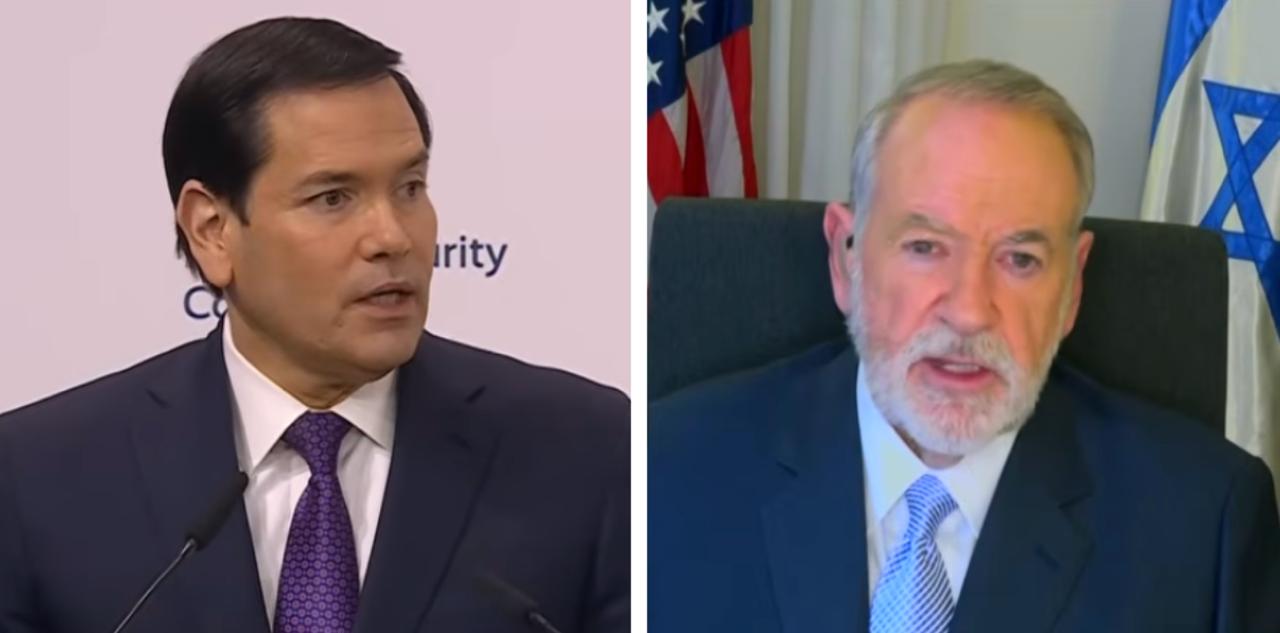Mohamed Morsi, a longtime member of the brotherhood, was elected president in June but initially was constrained by Egypt???s powerful military establishment. By mid-August, however, Morsi had outmaneuvered and purged the army???s top generals. He opportunistically exploited the army???s embarrassment over an August 5 terrorist attack by Islamist militants that killed 16 Egyptian soldiers in the Sinai.
Morsi???s Islamist-dominated government has cracked down on Egypt???s media and has announced that Egyptian journalists will be put on trial for ???insults??? to the president. Morsi???s government is systematically clamping down on Egyptians??? political, social, and cultural freedoms. Yet the Obama Administration naively continues to court it as a partner.
The big losers will be the Egyptian people. Their aspirations for freedom and democracy will likely get lost in the shuffle. But the United States and its allies???particularly Israel???will also find their national interests undermined by the anti-Western animus of Morsi???s Muslim Brotherhood.
The September 11 invasion of the U.S. Embassy in Cairo underscored rising tensions in Egyptian-American relations and the ambivalent nature of Morsi???s new government. Despite advance warning about ultra-radical Islamics??? plans to mount a protest demonstration outside the embassy, Egyptian security forces were suspiciously lax in restraining the crowd. The protesters swiftly invaded the embassy grounds, tore down the American flag, and replaced it with a flag that resembled al-Qaeda???s black banner.
Nonchalant public reaction
President Morsi???s nonchalant public reaction to the embassy attack compounded the problem. After similar attacks, Libyan and Yemeni leaders immediately denounced the demonstrators and took action to upgrade security around the U.S. embassies. Not so in Egypt. Morsi waited a day before casually issuing a mild rebuke to the rioters via Facebook.
President Morsi belatedly promised to protect U.S. diplomats in a phone call with President Obama and a statement issued in Brussels. President Obama admitted in an interview on September 12 that Morsi???s government was far less reliable than its predecessor: ???I don???t think that we consider them an ally, but we don???t consider them an enemy.???
That could change in the future as the Muslim Brotherhood establishes a stranglehold on Egyptian politics and pursues its anti-western agenda: imposing Sharia (Islamic law), curbing the rights of women and religious minorities, abandoning Egypt???s 1979 peace treaty with Israel and advancing Islamist causes around the world.
One of the brotherhood???s pet causes that is sure to raise hackles in America is a push to free Omar Abdul-Rahman, the ???Blind Sheikh??? who is serving a life sentence in a U.S. prison for conspiracy to bomb the World Trade Center and other New York City targets in 1993. Abdul-Rahman is a hero to many Egyptian Islamics, who consider terrorist attacks to be an acceptable tool for advancing their cause.
President Morsi has denied that al-Qaeda was responsible for the 9/11 attacks and has embraced conspiracy theories about U.S. policies. He barely conceals his hostility and contempt for America. While he is likely to lead Egypt further away from America, it could get even uglier. Morsi is now being outflanked politically by Salafists, ultra-radical Islamist extremists who are even more hostile to the United States and to Israel.
Salafists were behind the September 11 invasion of the U.S. embassy in Cairo. They undoubtedly sought not only to strike a blow against America and poison Egyptian-American relations, but also to steal a march on Morsi???s Freedom and Justice Party. They hoped to use the embassy as an anti-American soapbox that they could exploit to expand their power within Egypt???s increasingly Islamist political system.
Some Egyptian Islamist extremists also hope to provoke a war with Israel. They have helped to smuggle arms seized from Colonel Qadhafi???s Libyan weapons depots to Palestinian militants in Gaza. They also have joined with disgruntled Bedouin tribes in the Sinai to launch a series of terrorist attacks against Israel.
Egypt???s Arab Spring rapidly is being transformed into an Islamist winter. This is likely to weaken U.S. national security by reducing Egyptian strategic cooperation on Middle East issues and reducing counter-terrorism cooperation against al-Qaeda???which is now led by an Egyptian, Ayman al-Zawahiri. We can also expect further undermining of the Egypt-Israel peace that has helped to reduce instability in the Middle East for more than 30 years. Egypt???s ???Arab Spring??? looks likely to produce very bitter fruit, indeed.





